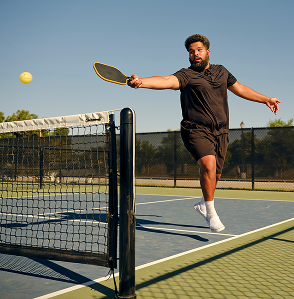nib health and wellbeing resources
At nib, we’re committed to your better health and wellbeing. The Check Up is your go-to source for expert tips to support your everyday health.
Whether you're focused on eating healthy, staying active, supporting your mental wellbeing or accessing health services, find trusted advice that makes looking after your health simple.

Explore articles by category
Not an nib member? Join today.
Get access to a range of rewards and discounts.
Join nib for free
Start your health journey
Sign up to nib for free to unlock savings and rewards, plus access online health checks, tools, tips and more.

Get health insurance
Want extra peace of mind?
Whether you’re young and fit, health conscious, raising a family or just want peace of mind, we’ve got you covered.

Already a nib member? Log in to manage your cover and for easy access to member benefits, tools and services.

